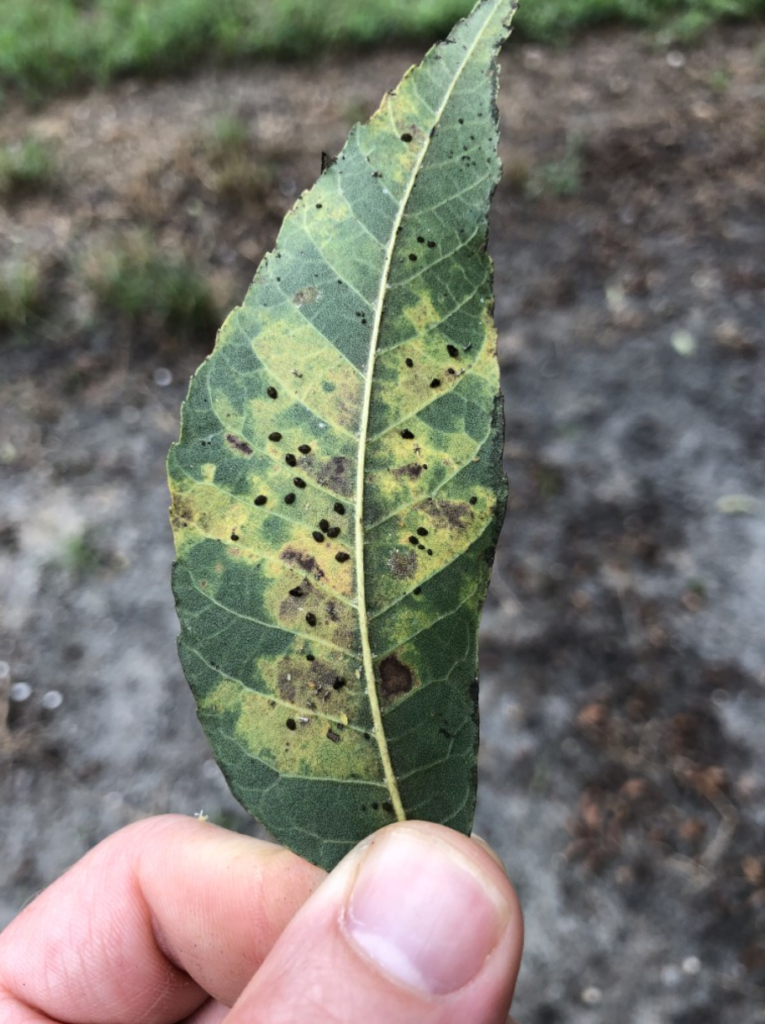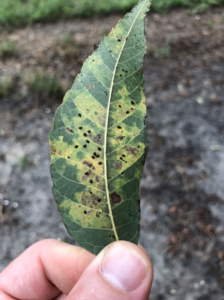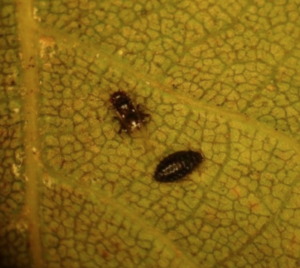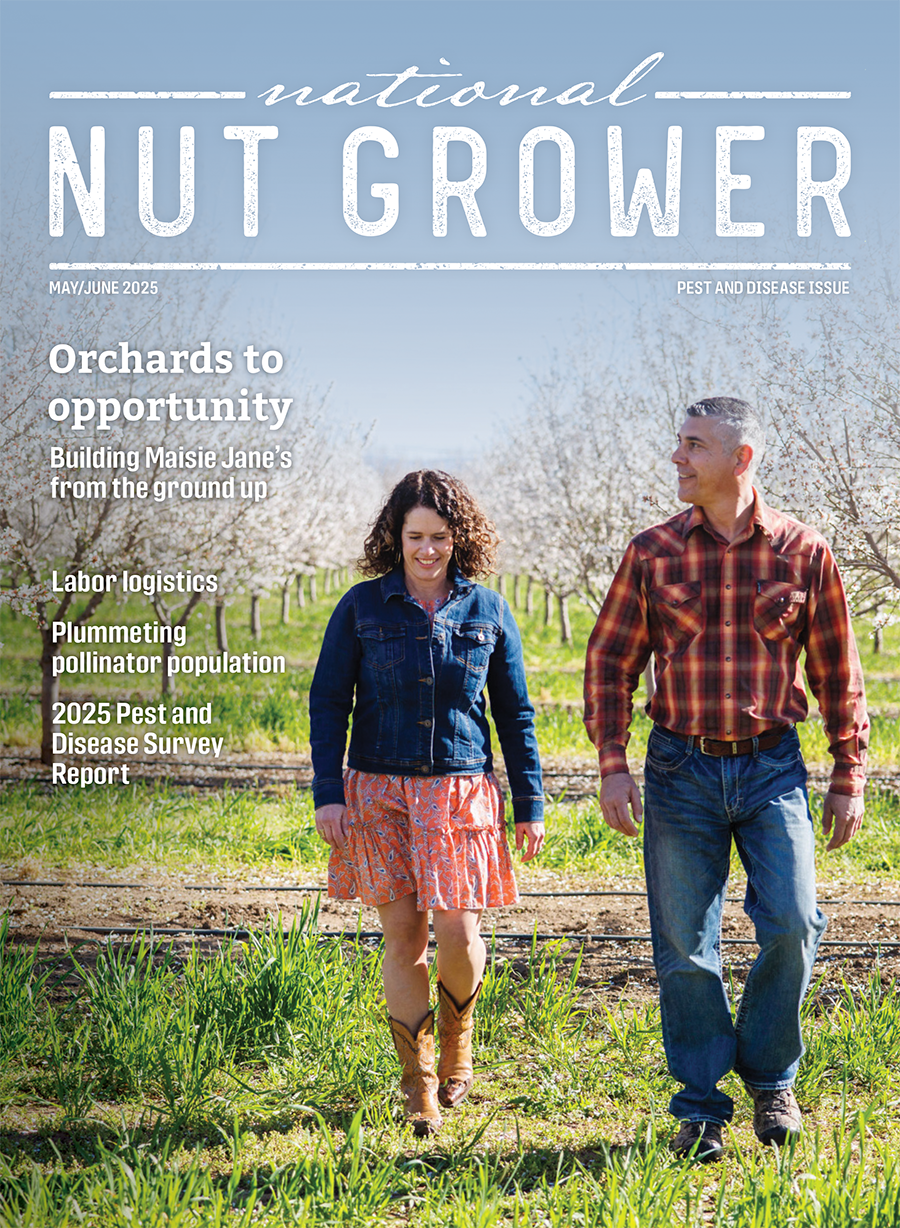
Jun 26, 2022Pecan insects and heat
With the very high temperatures, there is no point in spraying for insects when the temps are in the 95+° F range. Extreme heat slows and then stops reproduction in insects like mites and aphids and will shorten the life span (kill) when it gets up near 100° F. Materials that rely on leaf uptake are affected because the leaf seals everything off to conserve water, so no uptake. This includes most of our aphid materials.
With the heat this year, some insects have come out sooner and progressed through life cycles quickly. On young trees, webworms have been out for a while now, as well as walnut caterpillars. The most concerning question for growers is about black aphids.
Here’s what we need to remember:
Normal temperatures in south Georgia are pretty much perfect for insect growth; however, raising up into the 95+° F range actually is detrimental for lots of pests. At this point, insects will be declining in numbers. Once temperatures moderate, insects will take off again. Scout aphid-susceptible varieties (Gloria Grande, Sumner, Schley) for aphid reproduction. So far, I have not seen reproduction from aphids, but many black aphids are present in orchards along with damage.
For these susceptible varieties, using imidacloprid in the drip irrigation is good to slow down population growth, but the sooner the better. It takes a month or two for it to move into the leaves of a mature tree. ProGibb is a great option for these varieties as well. Remember, research on ProGibb showed three applications 10 days apart starting in mid-July. We may need to start this a week early this season.


Black pecan aphid summary
- Don’t use any broad spectrum insecticides
- Ignore yellow aphids
- Ignore black aphids before June
For susceptible varieties
- Apply imidacloprid via drip in early/mid June or Pro Gibb 3x, every 10 days, starting July
- If black aphids flare up in 3-4 weeks, apply Closer, Carbine, PQZ, Safina — ROTATE
- Use Nexter late season if needed for black aphids when mites build
– Andrew Sawyer, area pecan agent, University of Georgia; Will Hudson, entomologist, University of Georgia









